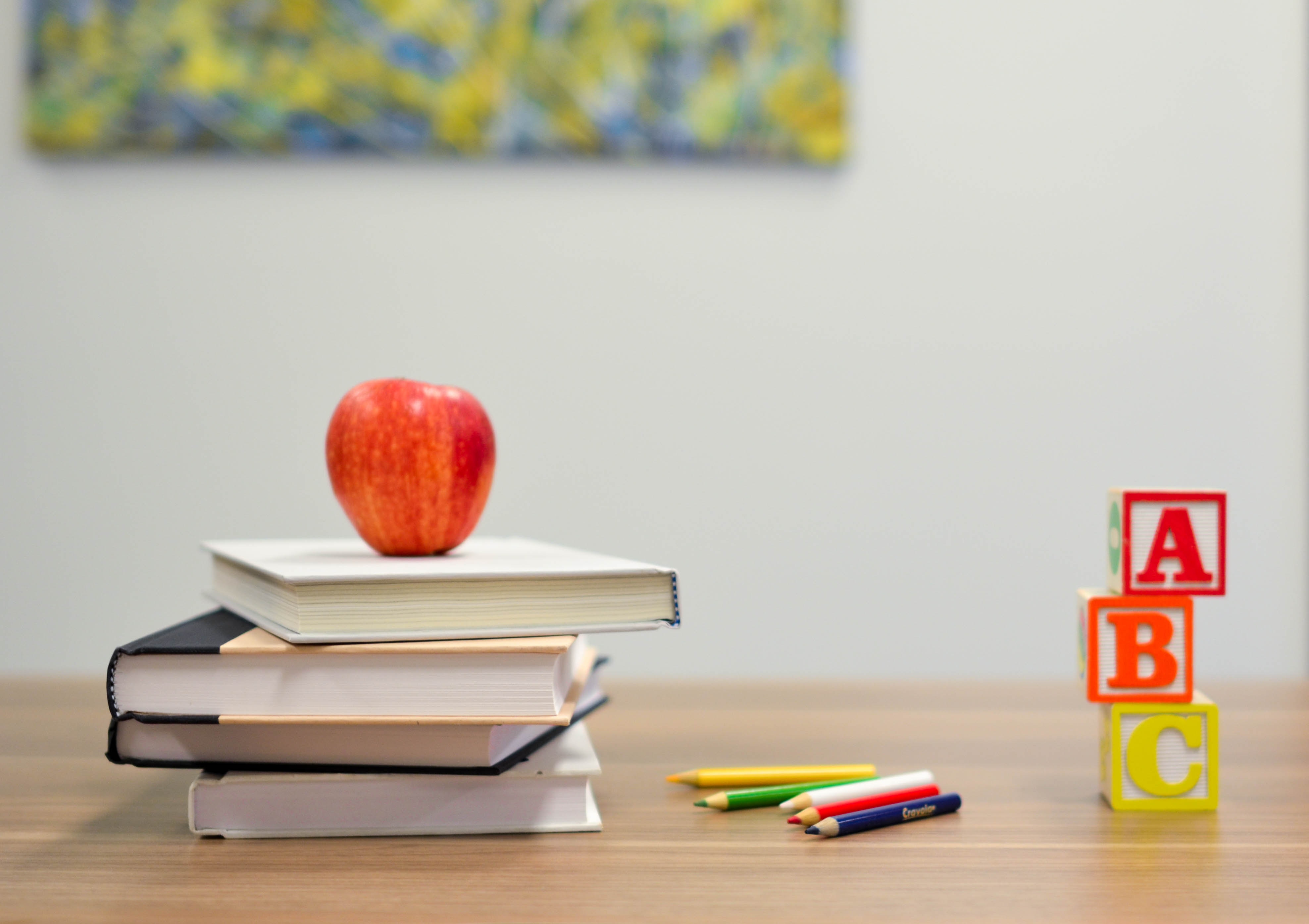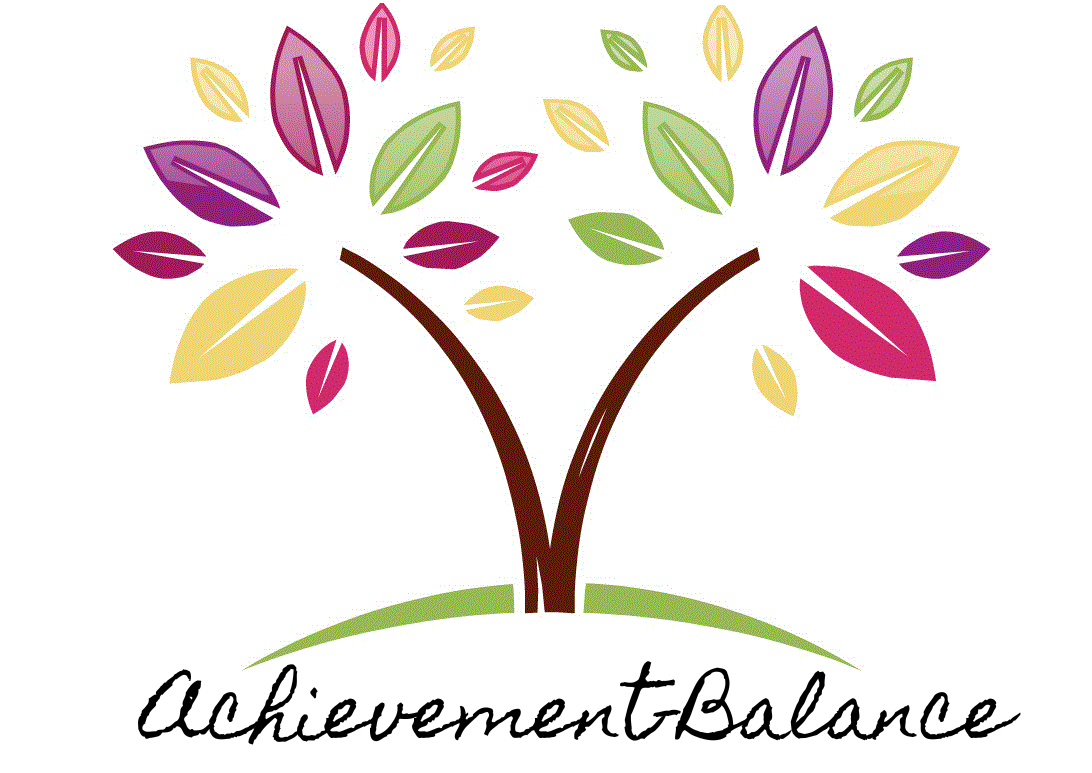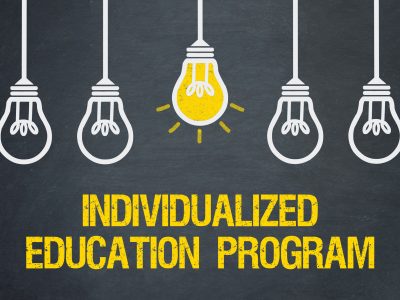
The Winter Holidays are over, which means schools are beginning again after several weeks away. And those weeks probably weren’t always a serene cup of tea either.
Family get-togethers, holiday parties, plans constantly changing, new social situations, routines displaced, excitement, stress, and travel are all common in late December and early January.
But now that’s all over, bringing new joys and new challenges, like your children heading back to school in the New Year.
Achievement Balance knows that this time of transition can be difficult for many families, and especially for individuals struggling with ASD.
Because of this, we wanted to share our back to school guide with you to give some helpful hints and advice on how to navigate this somewhat stressful time for your little ones.
Read on to learn more and to make your new semester even more successful than the last!
Back to School Advice for Autism
Communicate Expectations Clearly & Frequently
Communicating with your child about your back to school expectations and joint goals is a great way to ease them back into the school semester.
Talk about what skills, social and academic, you would like them to practice. Talk about behavioral expectations and ask your child to share their feelings, plans, stress-points, and joys as well.
This can also be a great time to outline rewards for certain desired behaviors or talk about the consequences for poor or injurious behaviors.
Communication and clear expectations, from both directions, are keys to improvements and an overall smooth transition.
Use a Family Calendar for School Dates, Breaks & More
If your little one has trouble with back to school anxiety, then consider having a family calendar where you cross days off as you near school start dates, school breaks, trips, and more.
This can be a form of communication as well as a way to ease anxiety as your child can see when different days are approaching and prepare for them.
Additionally, knowing when different dates are nearing might help your child regulate and be able to practice planning ahead on their own.
Keep this calendar organized, maybe allowing each member of the family to have their activities in their own color pen, so everyone is aware of the family, and school, plans.
Practice Your Morning Routine Beforehand
This is an awesome way to get back into your ‘normal’ school routine.
Practice your school routine beforehand, or even practice any routines ahead of time. You can make and go over a travel routine, a family get-together routine, or a holiday routine.
Do you have an emergency plan in place? Creating one and then practicing it can be a good way to keep everyone safe and calm in the face of an unexpected emergency situation.
Patterns, plans, and routines can be calming for individuals struggling with ASD, and it can connect well with our first tip on clear communication and expectations.
If your child is in a situation they have never prepared for, it is more likely they will have a negative experience.
So, put their best chances forward and make a plan for the unexpected, but also for back to school and known schedule changes on the horizon.
Have a Safety Net in Place
If your child needs extra help throughout the school day or has more severe symptoms of ASD, then it is possible that they might need additional safeguard too.
This just means that if a meltdown is approaching, or a situation you and your child know they cannot handle at that time, then they know what their ‘out’ is.
Do you have a system in place for how to handle stressors like fire or lockdown drills, pop quizzes, or difficult social issues?
A safety net’s severity depends on your child. As an emergency kit of sensory materials might work for one, whereas an early pick-up from school might be more in line with the needs of another.
Maybe coping skills can be learned, added to and practiced, and if those fail, then your student can move on to the next designated step in their safety ladder.
Again, communication is most important here, as your child needs to know that they are not stuck in a situation without supports or escape.
Contact Achievement Balance for Therapies, Autism Camp & More in the New Year
If the above back to school guide for students with ASD was helpful, then let us know! We would love to engage with you more and help fulfill any needs your little ones may have this new year.
Achievement Balance also offers autism camps, as well as a multitude of therapies and services to help your child in their journey, no matter where they are.
Call or visit us to learn more.



